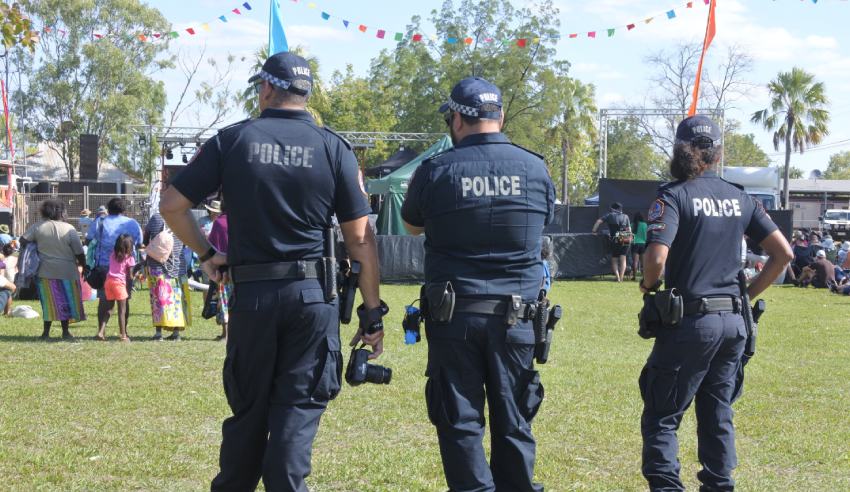Legal and advocacy groups are calling for “change, justice and accountability” after a police constable was found not guilty of murdering 19-year-old Aboriginal man Kumanjayi Walker during an attempted arrest in the Yuendumu community.

The National Aboriginal and Torres Strait Islander Legal Service (NATSILS), together with Change the Record, said it stands in solidarity with the families whose loved ones have died in custody and will echo their calls for a change to the justice system and accountability of officers involved in the deaths of First Nations people.
“No one should have to go through the pain of losing a loved one in custody,” NATSILS executive officer Jamie McConnachie commented.
“Our hearts break today for the family and loved ones of Kumanjayi Walker and the Warlpiri community. They have collectively shown incredible strength and power in their tireless work supporting their community and advocating for justice and accountability for their brother and son for over two years.”
Three days prior to his death, Mr Walker confronted two local officers with an axe as they tried to arrest him for breaching a suspended sentence. The court watched body-worn camera footage that showed a struggle starting less than a minute after constables Rolfe and Eberl entered a home in Yuendumu and identified Mr Walker.
Prosecutors agreed that the first shot was legally justifiable because it had followed Mr Walker stabbing Constable Rolfe in the shoulder with a pair of scissors. However, they argued that Mr Walker was restrained on the ground when the next two shots came and while Constable Rolfe did not hold an “honest belief” that they were necessary.
Change the Record co-chair Cheryl Axleby said that it was “hard to feel justice” had been delivered when “time and again Aboriginal people are killed in custody but no one is held responsible”. Since the 1991 Royal Commission into Aboriginal Deaths in Custody, 500 First Nations people have died but no officer has been convicted.
“Too often police are a law unto themselves. Our mob are subjected to over-policing, racial profiling, harassment and assault. We continue to call for greater accountability and oversight of police. Ultimately, there will be no end to the death of our people in custody as long as governments continue to rely on police to respond to social, health and poverty-related issues,” Ms Axleby said in a statement.
“It is both tragic and predictable that introducing armed police into situations which require mental health interventions or other forms of expertise and support runs the risk of someone getting hurt or killed. Kumanjayi Walker had his whole life ahead of him, nothing can bring that back. Our hearts are with his family and community.”
GetUp’s First Nations justice director Larissa Baldwin accused Australia’s “brutal and racist policing and criminal justice system” of overwhelmingly targeting First Nations people. Despite the ongoing threat, there have been no consequences.
“What happened to Kumanjayi Walker is too common in our communities and it must end. It’s been 30 years since the royal commission, governments refuse to implement its recommendations and as a result 500 First Nations families have been torn apart by deaths in custody – without a single conviction. No justice.
“What we’ve seen is a deep and hurtful injustice that is being felt by our communities across the country. No more commissions, no more inquiries. Time to treat Aboriginal deaths in custody like the national crisis that it is,” Ms Baldwin said.
